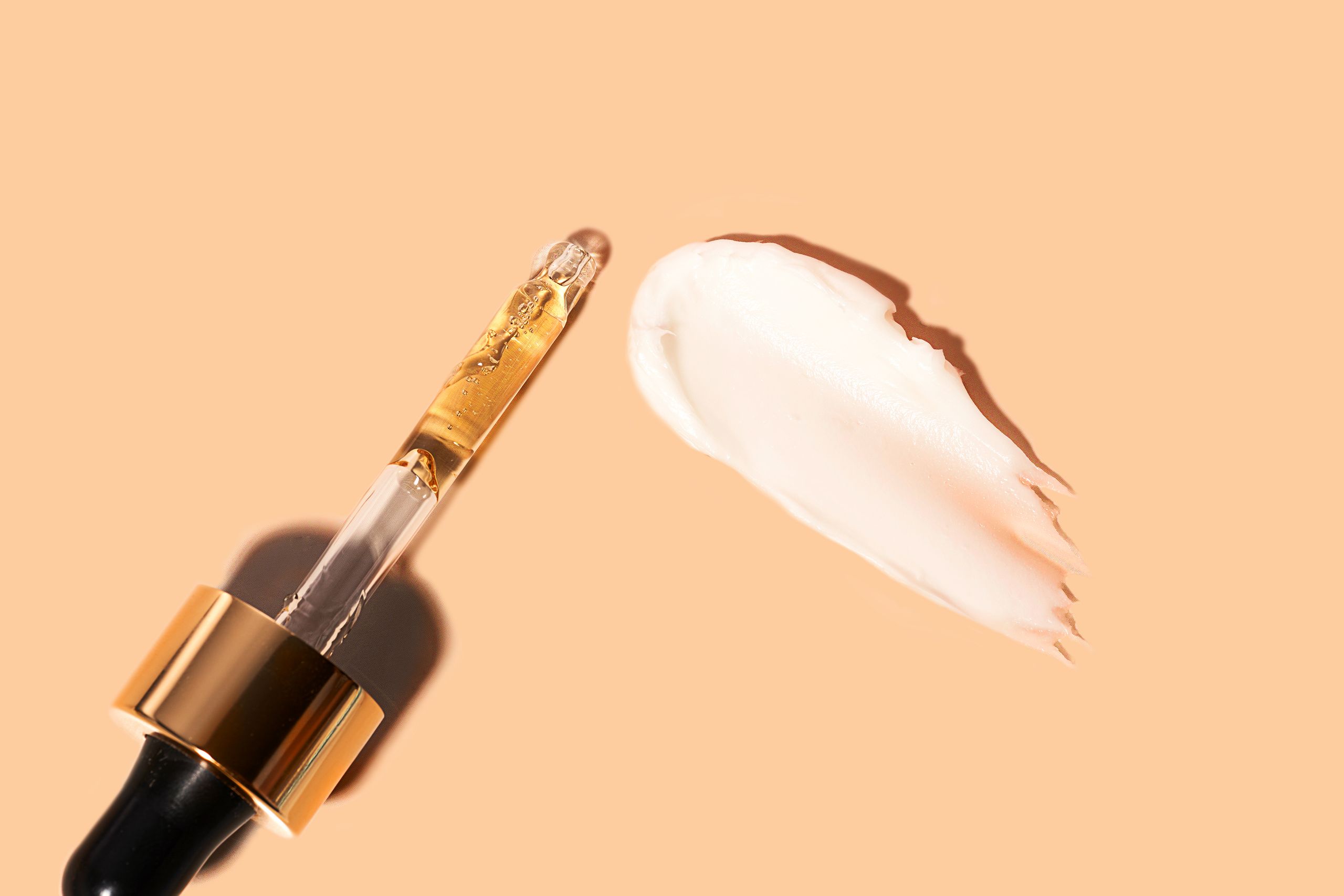Lifestyle
Discover the Best Anti-Aging Ingredients Recommended by Experts

As individuals seek to maintain youthful skin, dermatologists emphasize the effectiveness of specific anti-aging ingredients. Consistent use of these ingredients can lead to significant improvements in skin texture, firmness, and hydration. Experts like Dr. Dendy Engelman, a board-certified cosmetic dermatologist, explain that aging often results in reduced collagen and elastin production, leading to fine lines, volume loss, and other skin concerns.
Dr. Engelman notes, “Many of my patients have seen transformative results—ranging from reduced fine lines and wrinkles to brighter, bouncier, and more hydrated skin.” To help consumers navigate the myriad of products available, dermatologists have identified key ingredients that can be integrated into daily skincare routines.
Key Anti-Aging Ingredients
Among the most potent ingredients is retinol, a derivative of vitamin A. According to Dr. Jae Yong Ban, medical director of Banobagi Dermatology Clinic, retinol is renowned for stimulating collagen production, which enhances skin firmness and elasticity over time. When incorporating retinol into a skincare regimen, it is crucial to start slowly, as it may cause mild irritation, particularly for those with sensitive skin.
Dr. Engelman reiterates the importance of consistency with retinol, stating, “It works to build collagen and elastin, improve cell turnover and moisture retention, and enhance tone and texture.” Its effectiveness in addressing a spectrum of skin concerns solidifies retinol’s status as a staple in anti-aging skincare.
Another essential ingredient is vitamin C. Dr. Corey L. Hartman, founder of Skin Wellness Dermatology in Birmingham, Alabama, highlights its dual action of reducing hyperpigmentation and stimulating collagen production. “Research has shown that vitamin C helps skin appear firmer and reduces the appearance of fine lines and wrinkles,” he explains. This makes it a favored choice for those looking to brighten their complexion while combating signs of aging.
Hydration and Repair with Hyaluronic Acid and Peptides
For those dealing with dryness, hyaluronic acid emerges as a top recommendation. Dr. Marisa Garshick emphasizes its ability to boost hydration and plump the skin. “As we age, our skin becomes drier, so enhancing moisture is essential for maintaining a healthy appearance,” she says. Hyaluronic acid is a powerful humectant, capable of holding up to 1,000 times its weight in water. This property also aids in skin elasticity and smoothing texture.
Moreover, Dr. Jodi LoGerfo, a family nurse practitioner certified in dermatology, confirms that hyaluronic acid is well-tolerated by various skin types, making it a versatile addition to any skincare routine. “Using it topically will never make you look ‘overdone,’ but will instead promote healthier skin,” adds Dr. Rachel Nazarian of Schweiger Dermatology.
Peptides are another powerhouse ingredient gaining traction in the skincare industry. Dr. Tiffany Libby explains that peptides are short chains of amino acids vital for cell signaling and collagen production. “With consistent use, peptides can signal cells to act younger, minimizing fine lines and wrinkles,” she states. Their ability to attract and retain moisture further enhances their effectiveness, making them a popular choice among skincare brands.
As consumers become increasingly aware of the ingredients in their skincare products, the insights from these dermatology experts provide valuable guidance. Incorporating these scientifically-backed components into daily routines can lead to visible improvements in skin health and appearance. By understanding the functions and benefits of ingredients like retinol, vitamin C, hyaluronic acid, and peptides, individuals can make informed choices to support their anti-aging efforts.
-

 Science2 weeks ago
Science2 weeks agoInventor Achieves Breakthrough with 2 Billion FPS Laser Video
-

 Top Stories3 weeks ago
Top Stories3 weeks agoCharlie Sheen’s New Romance: ‘Glowing’ with Younger Partner
-

 Entertainment3 weeks ago
Entertainment3 weeks agoDua Lipa Aces GCSE Spanish, Sparks Super Bowl Buzz with Fans
-

 Business3 weeks ago
Business3 weeks agoTyler Technologies Set to Reveal Q3 Earnings on October 22
-

 Health3 weeks ago
Health3 weeks agoCommunity Unites for 7th Annual Into the Light Walk for Mental Health
-

 Health3 weeks ago
Health3 weeks agoCurium Group, PeptiDream, and PDRadiopharma Launch Key Cancer Trial
-

 World3 weeks ago
World3 weeks agoR&B Icon D’Angelo Dies at 51, Leaving Lasting Legacy
-

 Entertainment3 weeks ago
Entertainment3 weeks agoRed Sox’s Bregman to Become Free Agent; Tigers Commit to Skubal
-

 Entertainment3 weeks ago
Entertainment3 weeks agoMother Fights to Reunite with Children After Kidnapping in New Drama
-

 Health3 weeks ago
Health3 weeks agoNorth Carolina’s Biotech Boom: Billions in New Investments
-

 Science3 weeks ago
Science3 weeks agoNorth Carolina’s Biotech Boom: Billions Invested in Manufacturing
-

 Top Stories3 weeks ago
Top Stories3 weeks agoDisney+ Launches Chilling Classic ‘Something Wicked’ Just in Time for October









